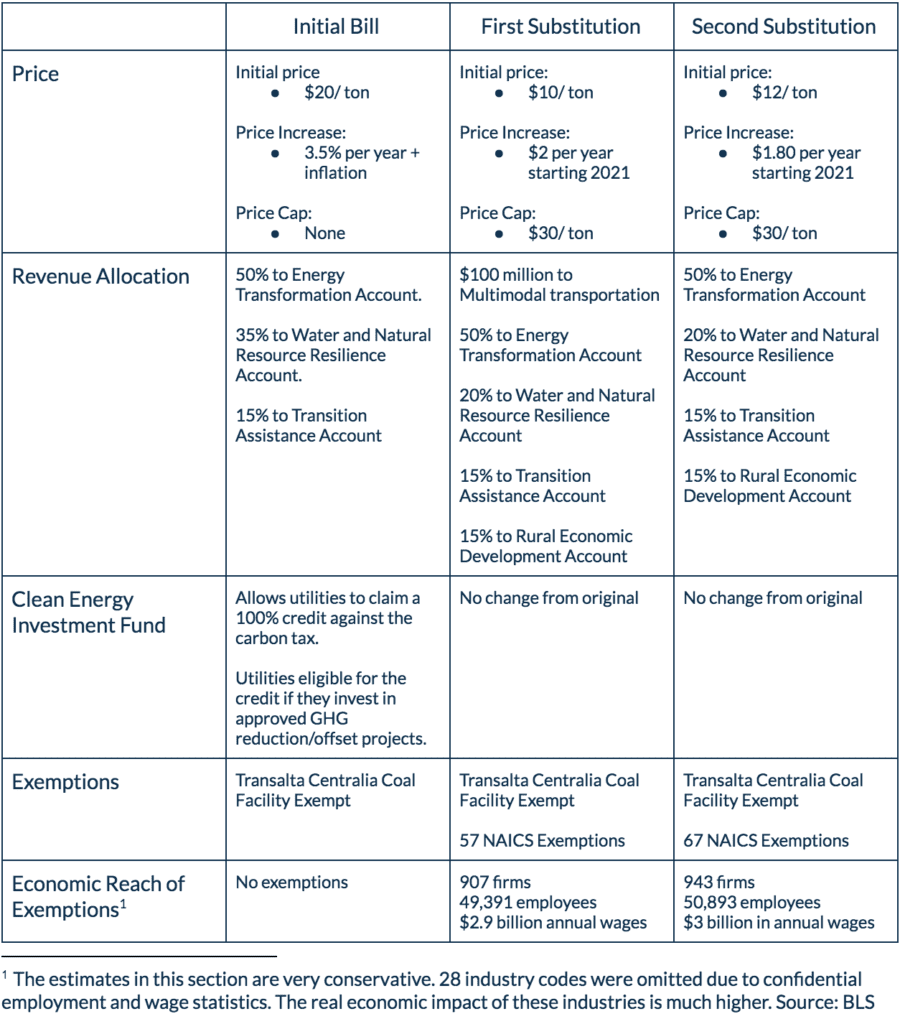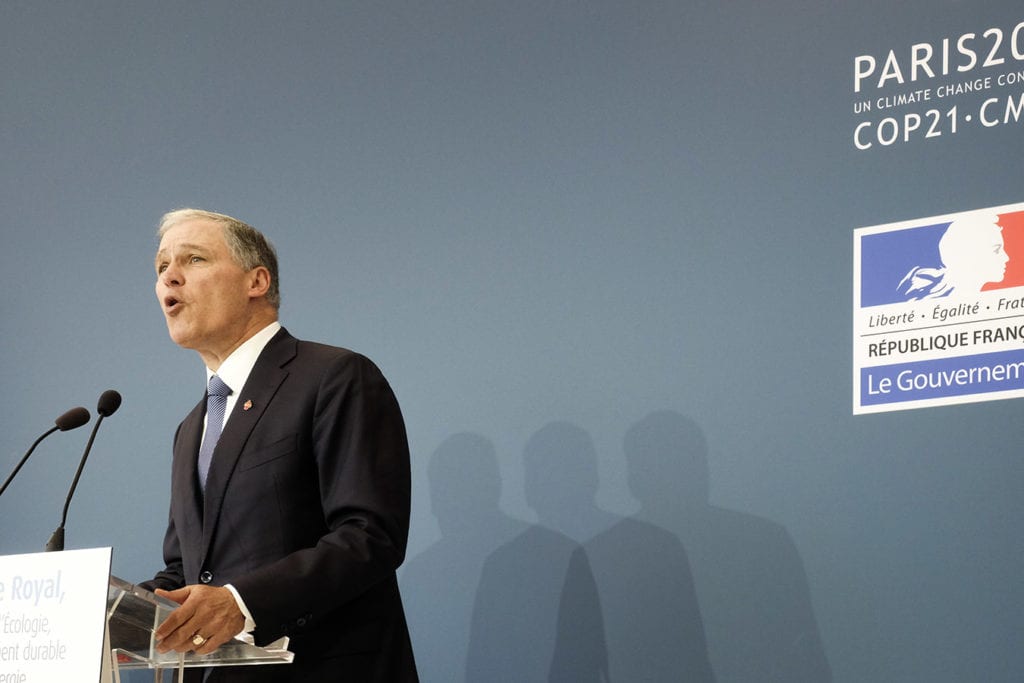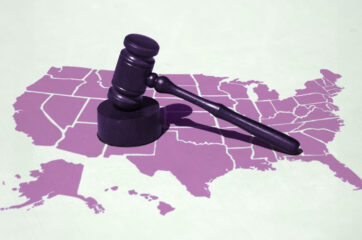Last month, Washington Governor Jay Inslee announced the details of SB 6203, a carbon pricing bill that he is championing alongside Sen. Reuven Carlyle (D – Seattle). I detailed the policy in the January newsletter. The bill made three major moves in February: On February 1st, an amended version of the bill made its way out of the Senate Committee on Energy, Environment & Technology. Then, on February 15th, the bill was further amended ahead of a public hearing before the Senate Committee on Ways & Means. On February 22nd the bill successfully passed Ways and Means. The bill has witnessed numerous changes and clarifications throughout this process. We’ll take you through those changes here.

 There are three main differences between the original and substitute bills.
There are three main differences between the original and substitute bills.
First and foremost, the price signal has been weakened. This is certainly an attempt to win over more conservatively minded politicians in Olympia in order to pass the bill. The original initial price was lowered to $10/metric ton and then raised to $12/metric ton, both prices down from the original $20/metric ton. The more important change is the long term price on carbon. The original policy had a reasonable and consistent annual increase that was inflation adjusted. The amended policy has a cap on the price of carbon at $30/metric ton. This is disappointing from the perspective of GHG emissions reduction but it may be necessary to bend political will towards passing the bill.
Second, the revenue allocation has been adjusted slightly. The big picture takeaway is that 15% of the revenues that were originally slated for the Water and Natural Resource Resilience Account have been carved away to create a Rural Economic Development Account. The new account will provide “support for low-carbon innovation, increased affordable transportation options, and telecommuting by funding the expansion of broadband and telecommunication services.”
Third, a host of exemptions have been introduced to the bill. These are firms that will not have to face rate increases due to the fee. A few notable exemptions include the state’s sole coal power plant (Transalta Centralia) and 67 other industries including aviation manufacturing and petroleum refineries. One of our Policy Fellows, Jonah Kurman-Faber, did an in-depth analysis into the exemptions and concluded that…
“The fact that the Senate Committee on Energy, Environment, and Technology would list these industries this early in the bill is entirely political. On principle, the exemptions should be determined purely by objective data analysis. However, given the importance of these industries to the local economy, as well as the need for bipartisan support in order to pass this bill, legislator’s have good reasons to make early promises to powerful economic industries in the state. “


Washington Governor Jay Inslee speaks during COP21 in Paris (Wikimedia Commons)
The real question for SB 6203 is… will it find its way to the Governor’s desk before the March 8th deadline? There are a handful of factors working in favor of the bill. First, national-level players have been getting involved in pushing the legislation. John Kerry visited Olympia earlier this month and advocated for the passage of the bill. Second, a potentially more aggressive ballot initiative is being promised by the Alliance for Jobs and Clean Energy if the currently proposed bill fails. This has put the pressure on business interests to get SB6203 passed with language that they can have a hand in crafting.
The next hurdle for the bill is a vote before the full senate.








